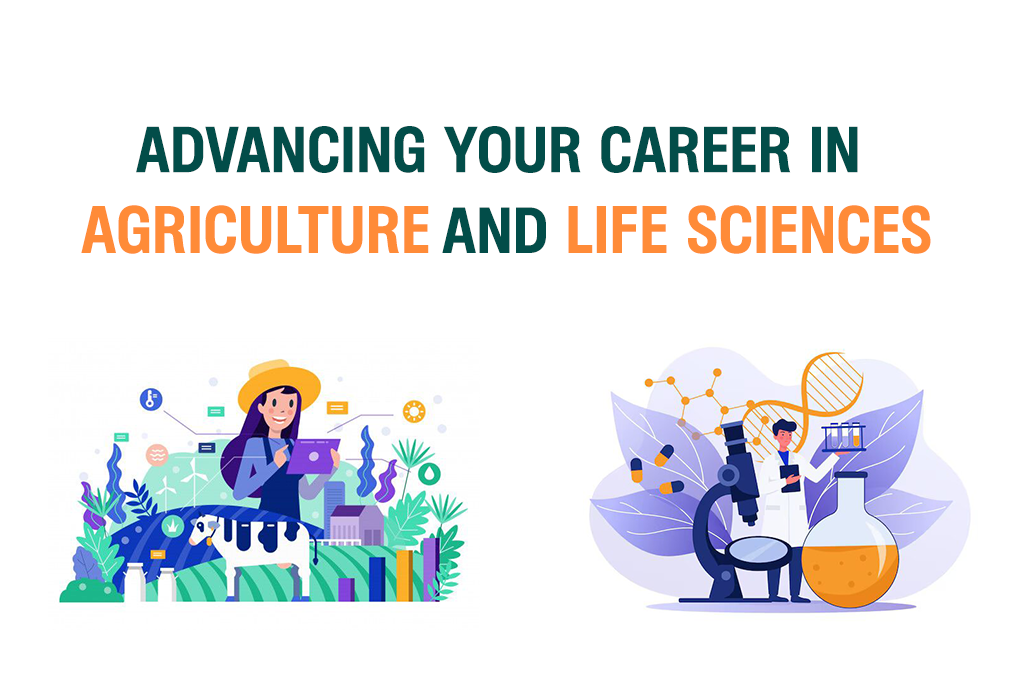
In today’s dynamic global economy, the agriculture and life sciences sectors play a pivotal role in addressing food security challenges, environmental sustainability, and technological innovation. As these industries continue to evolve, the demand for skilled professionals with specialized knowledge in agriculture and life sciences is on the rise. Pursuing vocational education through diploma courses offers a structured pathway to acquiring essential skills and advancing your career in these critical fields.
The Significance of Vocational Education in Agriculture and Life Sciences
Vocational education in agriculture and life sciences provides a solid foundation of practical skills and theoretical knowledge essential for succeeding in diverse roles within these sectors. Whether you’re passionate about sustainable farming practices, biotechnology advancements, or food safety regulations, diploma courses offer specialized training that aligns with industry needs. By equipping yourself with these skills, you not only enhance your employability but also contribute to addressing global challenges such as feeding a growing population and mitigating climate change impacts.
Choosing the Right Diploma Course
Selecting the right diploma course is a crucial step towards achieving your career goals in agriculture and life sciences. Consider the following factors when making your decision:
- Curriculum Relevance: Look for courses that cover essential topics such as agricultural management, crop science, animal husbandry, and environmental sustainability.
- Accreditation: Ensure that the diploma program is accredited by recognized institutions or industry bodies, enhancing the credibility and recognition of your qualifications.
- Industry Connections: Explore programs that offer opportunities for internships, industry projects, or collaborations with leading agricultural enterprises and research institutions.
- Career Pathways: Assess the career pathways available post-graduation, including roles in agribusiness management, agricultural research, environmental consulting, and regulatory affairs.
At Das academy, we offer a comprehensive range of diploma courses designed to meet these criteria and prepare our graduates for successful careers in agriculture and life sciences. Our programs combine theoretical knowledge with practical training, ensuring that students are well-equipped to tackle real-world challenges and contribute meaningfully to the industry.
Career Opportunities in Agriculture and Life Sciences
The career landscape in agriculture and life sciences is diverse and rewarding, offering opportunities across various sectors and roles. Some of the key career paths include:
- Agricultural Management: Overseeing farm operations, crop production, and livestock management to maximize productivity and sustainability.
- Biotechnology Research: Conducting research to develop new agricultural technologies, genetically modified organisms (GMOs), and biofuels to enhance crop yields and food security.
- Environmental Sustainability: Implementing sustainable farming practices, soil conservation techniques, and natural resource management strategies to minimize environmental impact.
- Food Safety and Quality Assurance: Ensuring compliance with food safety regulations, conducting quality control inspections, and managing food processing operations to maintain high standards of food safety and consumer protection.
As industries continue to innovate and adapt to emerging challenges, the demand for skilled professionals in these areas remains strong. Graduates with specialized knowledge and practical experience gained through vocational education are well-positioned to excel in these rewarding careers.
Strategies for Advancing Your Career
To maximize your career potential in agriculture and life sciences, consider implementing the following strategies:
- Continuous Learning: Stay updated with the latest industry trends, technological advancements, and regulatory changes through ongoing education and professional development programs.
- Networking: Build connections within the industry by attending conferences, workshops, and networking events. Engaging with professionals and experts can provide valuable insights, mentorship opportunities, and potential career leads.
- Certifications and Specializations: Pursue additional certifications or specialized training in areas such as organic farming, precision agriculture, or agricultural marketing to enhance your expertise and marketability.
- Professional Associations: Join industry-specific associations or societies to access resources, advocacy initiatives, and professional development opportunities tailored to your career goals.
Conclusion
In conclusion, vocational education through diploma courses offers a strategic pathway for individuals seeking to advance their careers in agriculture and life sciences. By choosing the right program, gaining practical experience, and adopting strategic career advancement strategies, you can position yourself as a skilled professional capable of addressing global challenges and driving innovation in these critical industries. Embrace the opportunities presented by vocational education and embark on a fulfilling journey towards a sustainable and impactful career in agriculture and life sciences.

